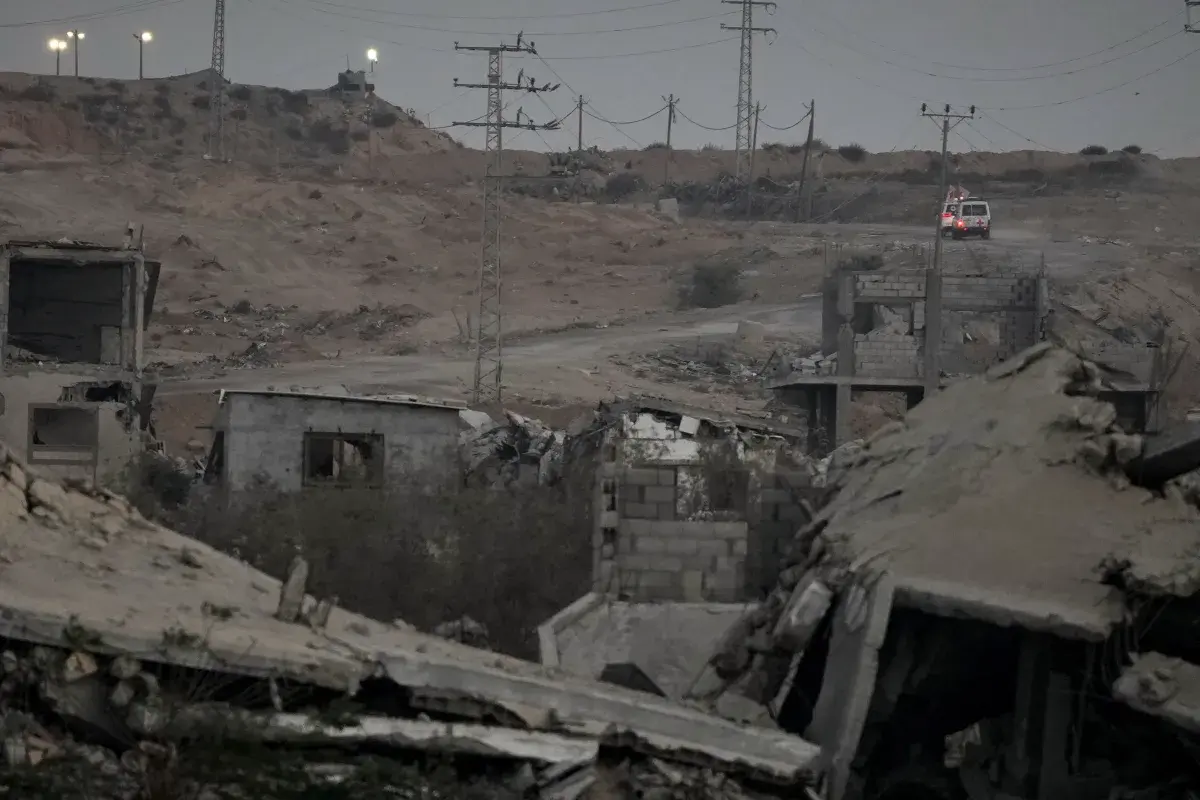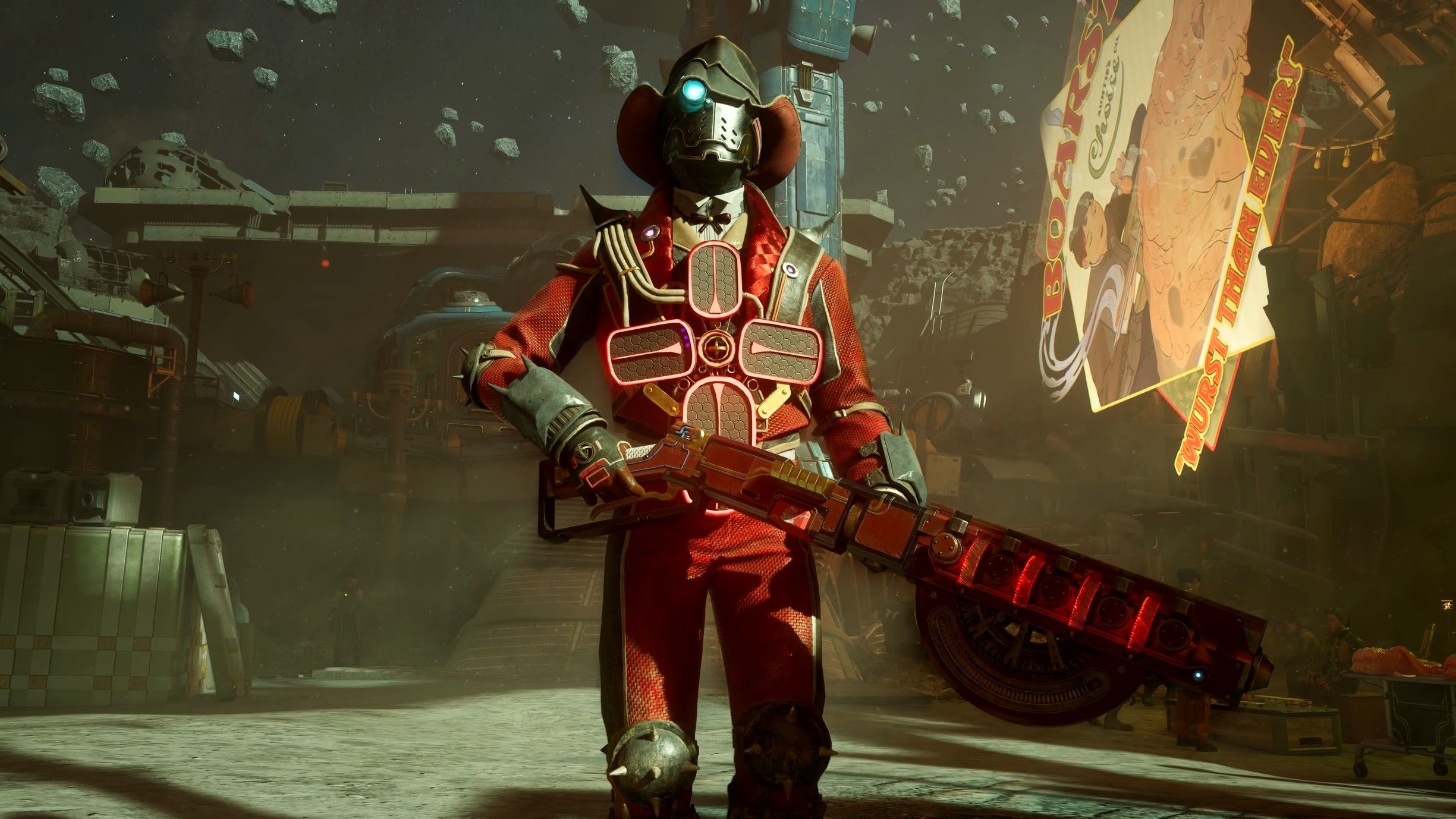Copyright Newsweek

Three sets of human remains returned by Hamas this week to Israel do not belong to any hostages who were abducted during the Palestinian militant group's October 7, 2023, attack, according to Israeli Prime Minister Benjamin Netanyahu's office on Saturday. The bodies were transferred through the International Committee of the Red Cross (ICRC), the Associated Press reported. Why It Matters President Donald Trump announced last month a breakthrough Gaza ceasefire deal, with a 20-point peace plan. Under the deal, Hamas released all remaining living Israeli hostages and handed over several bodies of deceased hostages. The United States and Israel say Hamas must complete delivery of the remaining bodies, a process Hamas says involves digging through rubble and tunnels, aided by Egyptian equipment. The ICRC has facilitated the return of 23 deceased Israeli hostages and 195 deceased Palestinian detainees as well as 160 living Israeli hostages and 3,500 living Palestinian detainees since October 7, 2023. The truce between Israel and Hamas has faced continuous threats, including deadly violence and mutual accusations of breaches. What To Know Israeli officials said forensic tests conducted on three bodies transferred from Gaza this week determined that none of the remains belong to hostages that were taken by Hamas. "The remains we received are not our hostages," Netanyahu’s office told the AP on Saturday. Hamas' armed wing, however, told the AP that it offered to hand over samples on Friday of unidentified bodies, but Israel didn't accept it and asked for the remains for examination. “We handed the bodies over to stop the claims of Israel," its statement said, with health officials in Gaza struggling to identify bodies without having DNA kits. No further details about the identities of the remains were made public. Officials stressed their commitment to recovering all hostages but called on Hamas to fulfill its obligations per the U.S.-brokered ceasefire agreement. The news followed Israel’s return of the bodies of 30 Palestinians to Gaza on Friday as part of the ongoing exchange process. Under the ceasefire deal brokered by Trump, Israel and Hamas agreed to reciprocal releases: Hamas would hand over the bodies of hostages in exchange for Israel returning the remains of Palestinians. To date, Israel has returned 225 Palestinian bodies since the truce began, with Gaza’s Health Ministry reporting that only 75 have been identified by relatives. The circumstances of many fatalities remain unclear as the health ministry doesn't separate civilian and militant deaths. Since the ceasefire started last month, Hamas has released the remains of 17 hostages held in Gaza, but efforts to retrieve all deceased hostages appear stalled. Hamas has generally released just one or two bodies every few days, with 11 deceased hostages still believed to be held in Gaza. The process has been marred by disputes over identification, delays, and accusations of violations from both sides. What People Are Saying Mirjana Spoljaric Egger, International Committee of the Red Cross president, previously told Newsweek in a statement: "There are few situations of conflict that challenge us in equal ways as Gaza, because of the constraints, because of the result of the fighting, because of the political dimension, but this is what we were created for. We cannot drop the ball." The International Committee of the Red Cross told Fox News earlier this week: “In accordance with international humanitarian law, it is the responsibility of the parties to search for, collect, and return the dead.” The Hostages and Missing Families Forum said in a statement to the BBC earlier this week: “There are no words to express the depth of this pain. The hostages have no time. We must bring them all home, now!” What Happens Next? The fate of the 11 deceased hostages reportedly still held in Gaza has yet to be resolved, with Israeli officials and international mediators urging Hamas to expedite the remaining transfers and clarify the identities of those still missing. Israel and Hamas, meanwhile, say they want to continue to uphold the ceasefire.



